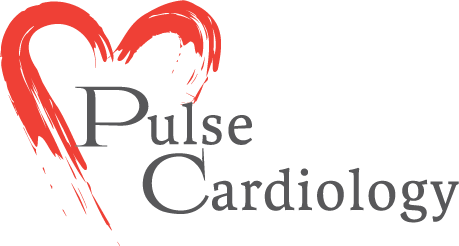Cholesterol and Affect on the Heart
What is Cholesterol?
Often people search for the exact definition of cholesterol. This post will be addressing that only by summarizing what is cholesterol and what affects it can have on your heart. To begin with, Cholesterol helps the human body to insulate the nerves, produce necessary hormones, and build new cells.
An important organ in the human body is the liver, which is responsible for making all the cholesterol your body needs to function properly. This delicate balance is often broken when you are consuming an excess amount of animal-based food items like:
- Milk
- Eggs and
- Red-meat

Protecting the heart from fast-food items. This shows that there will be an increase in high cholesterol levels
Types of Cholesterol
LDL or otherwise known as Low-density Lipoprotein. It is the bad cholesterol which, if present in an excess amount in your body, can cause artery blockages, strokes, and ultimately a fatal heart attack!
HDL cholesterol or otherwise known as High-density Lipoprotein. It is the good cholesterol that does not harm your body.
Causes of Cholesterol
The primary causes of cholesterol in the human body are as follows:
- A poor diet that consists of eating lots of bad fats in the form of mayonnaise, cheese, fried food items, red meat, bacon, baked items, chocolate, processed or unprocessed dairy products, processed meat products. Apart from these, if one is consuming an excess of food items containing trans-fats as one of their primary ingredients, they are increasing the amount of LDL in their body.
- Leading a sedentary lifestyle decreases the levels of HDL and increases the levels of LDL in your body.
- Alcohol abuse and excess smoking can also increase the level of bad cholesterol in your body.
Recommended levels of LDL cholesterol
Patients often ask their doctors, What is the normal level? Well, here it goes:
The recommended level of LDL levels in a patient’s blood should be lower than 100 mg/dL. If one has LDL levels in the amounts of 100 to 129 mg/dL, it is more or less acceptable given the person doesn’t have any underlying health issues. The case can take a turn for the worse if that same person has cardiovascular illnesses. If proper steps were not taken immediately, it can ultimately result in fatal heart disease.
On the other hand, if a person has 130 to 159 mg/dL of LDL then they should be on alert. Similarly, if a person has 160 to 189 mg/dL of LDL, they should seek medical attention immediately.
Effects of high LDL cholesterol
The primary and secondary arteries in your heart will become constricted.
LDL deposits itself on the inner walls of the arteries thereby hindering blood flow which will compel your heart to work harder to pump oxygenated blood to the different parts of your body. If this continues to be unnoticed, your arteries will get blocked, leading to a severe heart attack.
It is best to lead a healthy lifestyle by bidding goodbye to alcohol, smoking, and fried food items. Furthermore, one should subject their body to regular physical activities like exercise, Yoga or Pilates. Moreover, one should also keep tabs on their cholesterol levels by periodically visiting a heart specialist.
If you would like to schedule an appointment with one of our highly qualified cardiologists, please click here or call +1 (909) 881-7400.

